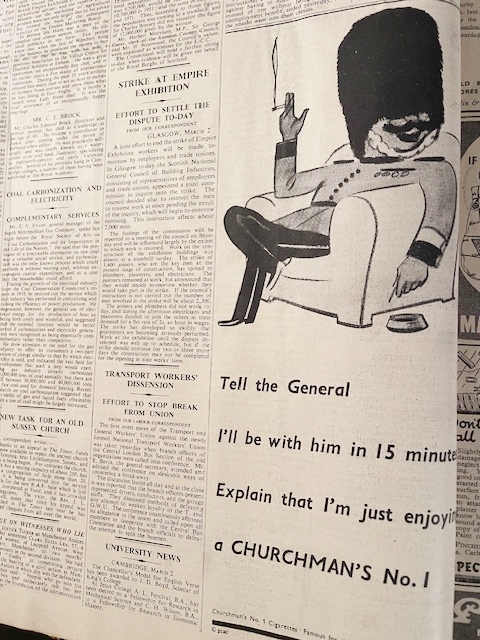While organizing books near the top shelf in my office this weekend I discovered that I had a copy of Aaron Copland's Music and Imagination. Those familiar with the myriad books about Bob Dylan will recall that Sean Wilenz's Bob Dylan In America opens with a whole chapter devoted to this composer who has been referred to as the "Dean of American Music." As I read the opening chapter of Copland's book I was impressed with how much his ideas resonated with me. We don't listen to music to pass tests or properly understand musical notation. We listen to enjoy. Music lifts us, comforts us, releases us, takes us places and sweeps us away in the swirl of our imaginations.
Here is the opening page of Copland's rich little volume.
THE MORE I LIVE the life of music the more I am convinced that it is the freely imaginative mind that is at the core of all vital music making and music listening. When Coleridge put down his famous phrase, "the sense of musical delight, with the power of producing it, is a gift of the imagination," he was referring, of course, to the musical delights of poetry. But it seems to me even more true when applied to the musical delights of music.
An imaginative mind is essential to the creation of art in any medium, but it is even more essential in music precisely because music provides the broadest possible vista for the imagination since it is the freest, the most abstract, the least fettered of all the arts: no story content, no pictorial representation, no regularity of meter, no strict limitation of frame need hamper the intuitive functioning of the imaginative mind.
In saying this I am not forgetting that it has its disciplines: its strict forms and regular rhythms, and even in some cases its programmatic content. Music as mathematics, music as architecture or as image, music in any static, seizable form has always held fascination for the lay mind. But as a musician, what fascinates me is the thought that by its very nature music invites imaginative treatment, and that the facts of music, so called, are only meaningful insofar as the imagination is given free play. It is for this reason that I wish to consider especially those facets of music that are open to the creative influences of the imagination.
* * *
Four Aaron Copland quotes
So long as the human spirit thrives on this planet, music in some living form will accompany and sustain it.
--Aaron Copland, Music as an Aspect of the Human Spirit (1954).
The composer who is frightened of losing his artistic integrity through contact with a mass audience is no longer aware of the meaning of the word art.
--Aaron Copland
If you want to know about the Sixties, play the music of The Beatles.
—Aaron Copland
For me, the most important thing is the element of chance that is built into a live performance. The very great drawback of recorded sound is the fact that it is always the same. No matter how wonderful a recording is, I know that I couldn't live with it--even of my own music--with the same nuances forever.
--Aaron Copland, Classic Essays on Twentieth-Century Music
This latter quote brings to mind Bob Dylan's approach to performance art.















.jpg)














